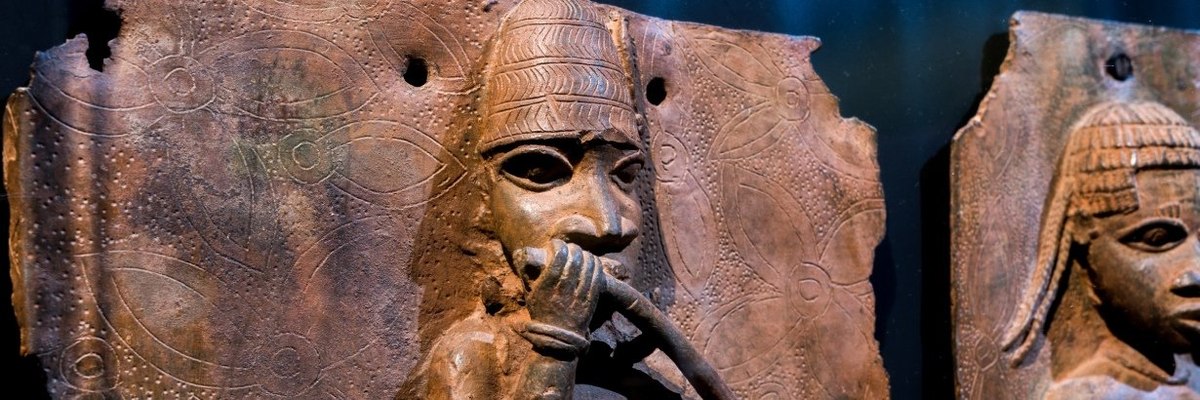A third of Brits think artefacts taken by Britain are just as much a part of British history as the history of the country they came from
The British Museum has come under renewed pressure to return some 900 artefacts from the former Kingdom of Benin to Nigeria. The calls follow the Metropolitan Museum of Art in New York announcing it would be returning two brass plaques that were among hundreds of items looted by British soldiers in 1897.
A similar gesture from this side of the Atlantic won’t be possible just yet, however, as British museums are forbidden by law to give away items from their collections. But what do Britons think?
Some six in ten Britons (62%) would support returning historical artefacts to their country of origin on a permanent basis, including nearly three in ten (29%) who would “strongly” support museums doing so.
Half Conservatives voters (50%) and eight in ten Labour voters (79%) support returning historical artefacts. Most people in all age groups are supportive, but most notably adults aged 18-24 (69%).
Around a fifth of Brits (21%) would be opposed to repatriation of artefacts to their place of origin, highest among Conservative voters (34%) and those aged 65 and above (27%).
Britons also tend to support temporary loans of artefacts back to their home nations, albeit not as strongly, at 48% support to 31% opposed. This temporary approach is more popular with Conservatives (56%) than Labour voters (47%), and is indeed the most supported option among Tories.
Only a small minority of Britons (15%) would support British museums not loaning or returning artefacts at all, with 64% opposed – including a majority of both Conservatives (58%) and Labour voters (79%).
Would it be reasonable for countries to refuse to return artefacts on loan to them?
If British museums did loan out colonial artefacts to the countries they came from, would it fair for those countries to refuse to return the artefacts when the loan ended? Britons are split, with some 42% seeing this as a reasonable action, compared to 38%.
Conservatives however, are more likely to see countries refusing to return their artefacts as unreasonable (54%) with three in ten thinking this would be reasonable. Labour voters think the opposite, with 57% thinking it would reasonable and 24% saying it would be unreasonable to do so.
Are artefacts taken by Britain more a part of British history than of the place they came from?
A common argument for the repatriation of artefacts is that they are best understood and appreciated it their original historical and cultural context. Some 46% of Brits might agree, saying that looted artefacts remain more a part of their country of origin’s history than they are a part of British history.
However, a third of Britons (35%) think that artefacts taken by Britain are just as much a part of British history as the country they were taken from, and a further 6% think they have become more a part of British history – including one in nine Conservatives (11%).
Conservatives are also more likely to say looted artefacts are an equal part of both history’s (45%) than being a part of the original country’s history (35%). Most Labour voters (61%), however, think the artefacts are more a part of their country of origin’s history instead of shared between the two.
See full results here








